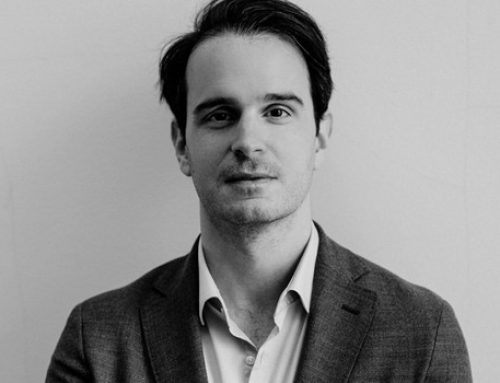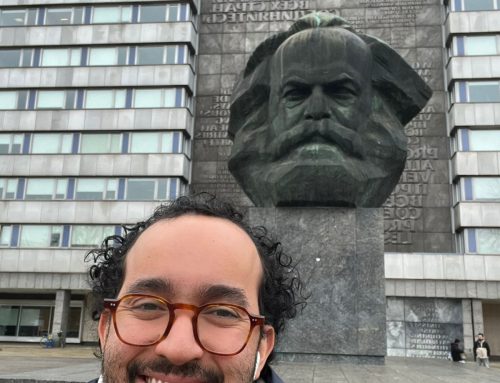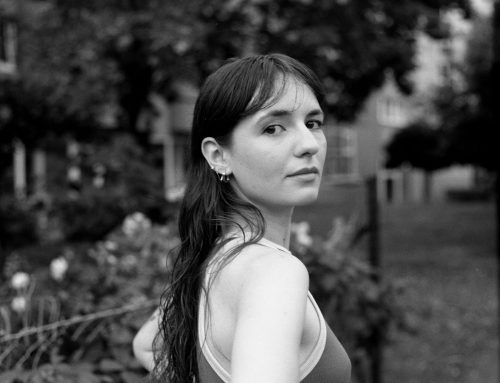On Thursday, November 26th, at 6 pm CET, we hosted CAS SEE Seminar with Brigitte Le Normand, Jon Corbett, Vanni D’Alessio, and Francesca Rolandi; the talk revolved around Rijeka in Flux project.
In addition to coordinating a team of historians researching the history of postwar Rijeka, the project Rijeka in Flux, supported by the Social Science and Humanities Research Council of Canada, explores innovative ways of communicating history to a larger public. Elaborating on the concept of space, and bringing together historical and geographical knowledge, as well as expertise from the digital humanities, the project has produced two digital tools. An interactive map based on crowdsourcing, developed between 2015 and 2017, allows the user to upload and share contents on the city’s history, thus giving space to different memories and narratives. More recently, an augmented reality mobile phone app, which will be soon released, provides the user with the opportunity to have an embodied experience of the past, either autonomously, or guided by a historian. How can public history benefit from the digital humanities? What challenges has the project encountered, and what has it learned from them?
Participants:
Brigitte Le Normand (University of British Columbia Okanagan)
Jon Corbett (University of British Columbia Okanagan)
Vanni D’Alessio (University of Naples – Center for Advanced Studies South East Europe)
Francesca Rolandi (Center for Advanced Studies South East Europe – University of British Columbia Okanagan)
Brigitte Le Normand is Associate Professor of History, and Academic Director of the Public Humanities Hub at the University of British Columbia Okanagan. Since 2015, she has been exploring the potential of interactive maps for changing our understanding of the past, using Rijeka as a case study.
Jon Corbett is an Associate Professor at the University of British Columbia Okanagan. He the director of the Spatial Information for Community Engagement (SpICE) Lab. His work explores how digital maps can be used by communities to document, store and communicate their spatial knowledge.
Vanni D’Alessio teaches Modern and Contemporary History at the Department of Social Sciences of the University of Naples, where he also leads the Digital History Laboratory. He is one of the authors of the digital historical map “Rijeka-Fiume, a Historical Narrative” and one of the researchers involved in the elaboration of the texts for the smartphone application “Rijeka Fiume App”
Francesca Rolandi is a joint fellow at the Center for Advanced Studies South East Europe and the University of British Columbia Okanagan. She has contributed to the mobile phone application “Rijeka Fiume App” with markers and a guided tour, and took part in the related communication activities and strategies.




